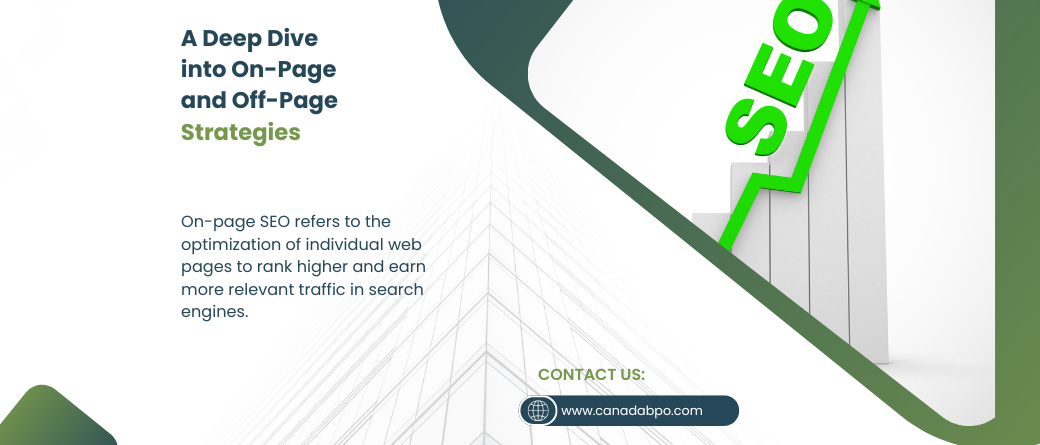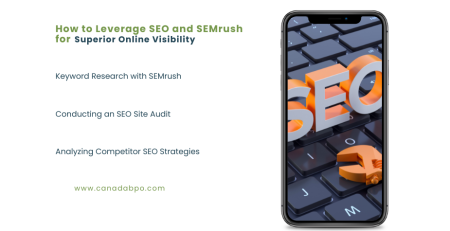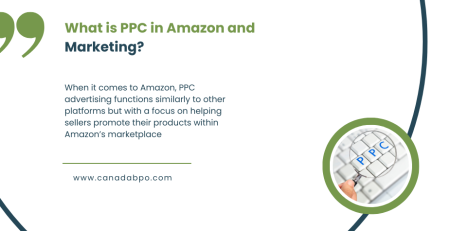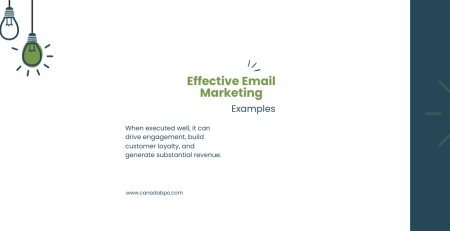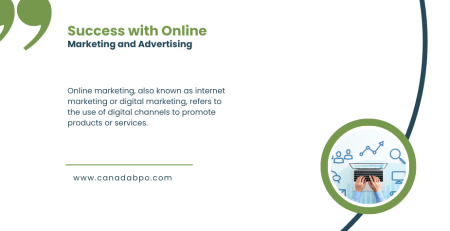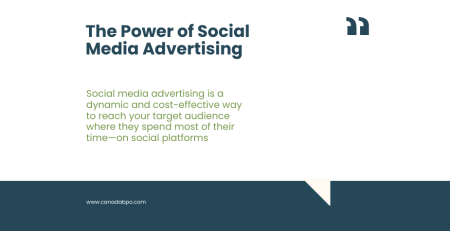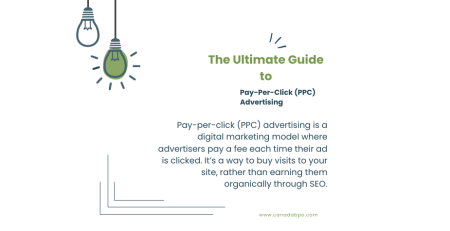Search Engine Optimization (SEO) is crucial for improving your website’s visibility and ranking on search engine results pages (SERPs). Effective SEO involves a combination of on-page and off-page strategies. Understanding and implementing both can significantly enhance your website’s search engine performance. In this blog post, we’ll explore the key components of on-page and off-page SEO and provide actionable insights to help you optimize your website effectively.
What is On-Page SEO?
On-page SEO refers to the optimization of individual web pages to rank higher and earn more relevant traffic in search engines. It focuses on the content and HTML source code of a page.
- Key Components of On-Page SEO:
- Title Tags:
- Definition: Title tags are HTML elements that specify the title of a web page.
- Best Practices: Include primary keywords, keep it under 60 characters, and make it compelling to encourage clicks.
- Meta Descriptions:
- Definition: Meta descriptions are brief summaries of a page’s content that appear below the title tag in search results.
- Best Practices: Write unique, persuasive descriptions with relevant keywords and keep it under 160 characters.
- Headings (H1, H2, H3, etc.):
- Definition: Headings are HTML tags used to structure the content of a page.
- Best Practices: Use headings to organize content, incorporate keywords naturally, and make it easy for users and search engines to understand the page’s structure.
- URL Structure:
- Definition: URLs are the web addresses of your pages.
- Best Practices: Create clean, descriptive URLs with relevant keywords and avoid long, complex strings of characters.
- Content Quality:
- Definition: Content quality refers to the relevance, originality, and usefulness of the content on your page.
- Best Practices: Provide valuable, well-researched content that answers users’ queries and incorporates targeted keywords naturally.
- Internal Linking:
- Definition: Internal linking connects different pages within your website.
- Best Practices: Use descriptive anchor text and link to relevant pages to enhance navigation and distribute link equity.
- Image Optimization:
- Definition: Image optimization involves improving image file sizes and adding alt text.
- Best Practices: Compress images for faster loading times and use descriptive, keyword-rich alt text.
- Mobile Friendliness:
- Definition: Mobile friendliness ensures that your website performs well on mobile devices.
- Best Practices: Implement responsive design to provide a seamless experience across all devices.
- Page Speed:
- Definition: Page speed measures how quickly a web page loads.
- Best Practices: Optimize images, leverage browser caching, and minimize JavaScript to improve load times.
- Title Tags:
What is Off-Page SEO?
Off-page SEO involves actions taken outside of your own website to impact your rankings within search engine results. It focuses on increasing your site’s authority and relevance.
- Key Components of Off-Page SEO:
- Backlinks:
- Definition: Backlinks are links from other websites pointing to your site.
- Best Practices: Acquire high-quality backlinks from reputable sources through content marketing, outreach, and guest blogging.
- Social Signals:
- Definition: Social signals refer to engagement metrics from social media platforms.
- Best Practices: Promote your content on social media, encourage sharing, and engage with your audience to boost visibility and credibility.
- Brand Mentions:
- Definition: Brand mentions occur when your brand is referenced online, even if not linked.
- Best Practices: Monitor brand mentions, respond to feedback, and build relationships to increase brand visibility.
- Influencer Marketing:
- Definition: Influencer marketing involves collaborating with influencers to promote your content.
- Best Practices: Partner with influencers in your industry to leverage their reach and authority.
- Local SEO:
- Definition: Local SEO focuses on optimizing your site for local search queries.
- Best Practices: Create and optimize a Google My Business profile, get reviews, and build local citations.
- Social Bookmarking:
- Definition: Social bookmarking involves saving and sharing your content on bookmarking sites.
- Best Practices: Use platforms like Reddit, StumbleUpon, and Digg to increase content visibility and drive traffic.
- Forum and Community Engagement:
- Definition: Engaging in forums and online communities helps build relationships and drive traffic.
- Best Practices: Participate in relevant discussions, provide value, and include links to your content where appropriate.
- Backlinks:
How On-Page and Off-Page SEO Work Together
This section explains how integrating both on-page and off-page SEO can enhance your overall strategy:
- Synergy Between On-Page and Off-Page SEO:
- Enhanced Authority: Quality content (on-page) and authoritative backlinks (off-page) together strengthen your website’s credibility.
- Improved User Experience: On-page optimizations improve site usability, while off-page efforts drive relevant traffic and build trust.
- Increased Visibility: A well-optimized site with strong off-page signals ranks better and attracts more organic traffic.
- Integrating Strategies:
- Content Promotion: Use on-page optimized content as a basis for off-page activities like social sharing and backlink acquisition.
- Performance Monitoring: Track the impact of your on-page and off-page efforts using analytics tools to adjust strategies and improve results.
Section 4: Common Mistakes to Avoid in SEO
This section highlights common pitfalls and how to avoid them:
- Keyword Stuffing:
- Mistake: Overusing keywords in your content can lead to poor readability and penalties.
- Solution: Focus on natural, user-friendly content that incorporates keywords appropriately.
- Neglecting Mobile Optimization:
- Mistake: Ignoring mobile users can result in a poor user experience and lower rankings.
- Solution: Ensure your site is mobile-friendly and provides a seamless experience across all devices.
- Ignoring Technical SEO:
- Mistake: Overlooking technical aspects like site speed and crawl errors can hinder your SEO efforts.
- Solution: Regularly audit your site for technical issues and address them promptly.
- Low-Quality Backlinks:
- Mistake: Building backlinks from low-quality or irrelevant sites can harm your SEO.
- Solution: Focus on acquiring high-quality, relevant backlinks from reputable sources.
Effective SEO requires a balanced approach to both on-page and off-page strategies. By optimizing your website’s content, structure, and technical elements, and building authority through external efforts, you can improve your search engine rankings and drive meaningful traffic. Implement these strategies to enhance your SEO performance and achieve long-term success.
Ready to boost your search engine rankings with a comprehensive SEO strategy? Contact us today to learn how our expert team can help you implement effective on-page and off-page SEO techniques to achieve your digital marketing goals
